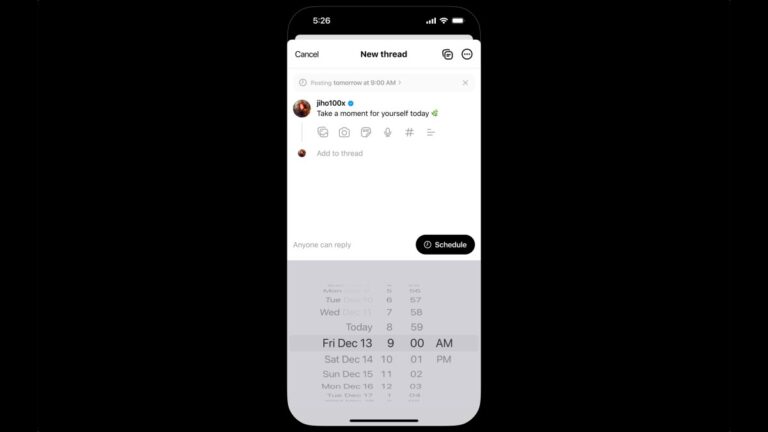After ups and downs, food delivery startup Epicery closes shop
French food delivery startup Epicery will cease operations Tuesday, after one last holiday season hurrah for its clients and the local food businesses that were using the platform during its nine years in business in exchange for a 25% commission.
In a message announcing the decision to customers earlier this month, Epicery’s team said that it was “the result of the economic and financial challenges we have been facing for several months, and which, despite our best efforts, we have been unable to overcome.”
With a focus on premium groceries and local deliveries, Epicery suffered when inflation made customers rethink their food spending. Even after ceasing operations in some cities, it had a negative Ebitda of -€4.69 million in 2023, on sales of €2.57 million.
Before these difficulties, however, the startup reached unexpected highs when France went into lockdown during the COVID-19 pandemic. It was still riding that wave in late 2021 when Geopost/DPDgroup, the express parcel delivery branch of Groupe La Poste, which handles France’s national postal service, took a majority shareholding in the company.
The corporate alliance made sense at the time: Geopost was also an investor in last-mile delivery service Stuart, of which Epicery was a heavy user. But in recent months, La Poste cut ties with several startups it previously invested in, and in particular, sold Stuart at a significant loss.
In a statement shared with TechCrunch, Geopost stated that the decision was made “following an in-depth analysis of [Epicery’s] financial and operating performance” leading to the conclusion that “the subsidiary’s short- and medium-term profitability has been severely impacted by developments in the food delivery market, a gradual post-COVID return to direct consumption from local shops, and strong competition in the catering segment.”
Food delivery in France in 2024 looked vastly different compared to Epicery’s first years (it launched in 2016). At the time, its competitors included Take Eat Easy, which ceased operations in 2016, but Deliveroo and Uber Eats were nowhere in sight, and quick commerce hadn’t gone through its rise and fall. While Cajoo, Flink, Gopuff, and Gorillas no longer operate in France, their marketing presence was hard to escape for quite a while.
In comparison, Epicery’s scale and visibility were always modest. It had some 25,000 recurring customers, buying from some 1,100 local shops, mostly in Paris and Lyon after it scaled back on its national expansion. This could have made sense as a standalone, lifestyle business, but arguably less so as a VC-backed one, and even less so as part of a large group where numbers like these hardly move the needle, especially with the Stuart synergies gone.
Epicery co-founder and CEO Édouard Morhange wasn’t able to comment on strategic aspects due to a non-disclosure agreement. In a personal statement, however, he commented on Epicery’s legacy. “I’m very proud to have introduced local retailers to ecommerce over the past 10 years, and I’m confident that they’ll continue to develop their digital sales over the coming years.”
Morhange will remain active in the food sector, saying he’s currently working on “an ambitious new model that will enable the food industry to pursue its digitalization in France and abroad.” As for Epicery’s employees, Geopost said that each of them will receive “support from the HR teams to discuss opportunities within the Group or to help them find a job.”
French entrepreneur Nicolas Machard, whose food marketplace Pourdebon is also a subsidiary of Geopost, said he’s confident that Epicery’s employees will soon land new roles. He’s also confident that Geopost and Pourdebon are still a great fit, mission-wise and economically. Not only is Pourdebon a heavy user of Geopost’s food delivery service Chronofresh, but it is also on track to reach profitability in 2027, and will likely work on reaching that milestone earlier.
Epicery didn’t manage to make the math work on the profitability front, but it sometimes brought up to 10% or even 20% in sales to local shops it worked with. According to Elsa Hermal, who co-founded Epicery with Morhange and VC Marc Menasé before leaving operations in 2019, this was a very important milestone.
“What’s wonderful, and what’s very important to me, is that what we promised [shop owners] at the very beginning, and what took us a long time to achieve, has now become an important part of their business,” said Hermal, who’s now a business coach and impact investor, also through climate fund Satgana.
As an investor, Hermal knows that Epicery was operating in a complex niche but doesn’t think it’s a no-go. “Logistics businesses are complicated and challenging in terms of metrics, but that doesn’t mean it can’t be done.” Now that local businesses have had a taste of this, and in a context where every sale counts, it wouldn’t be too surprising to see an Epicery-like model make a comeback at some point.







